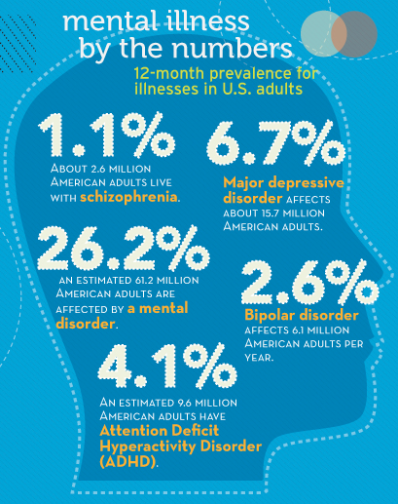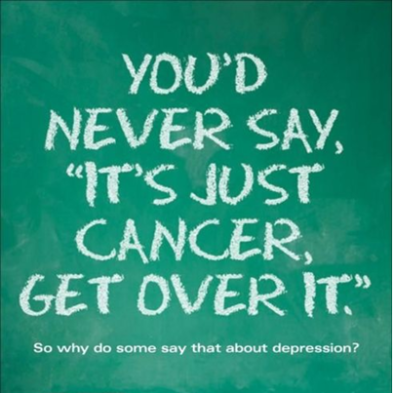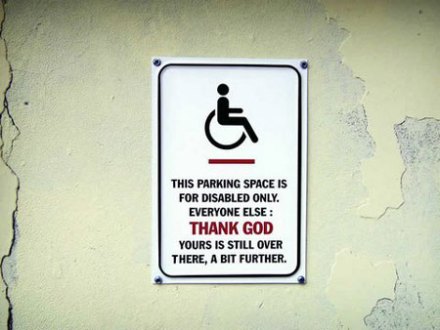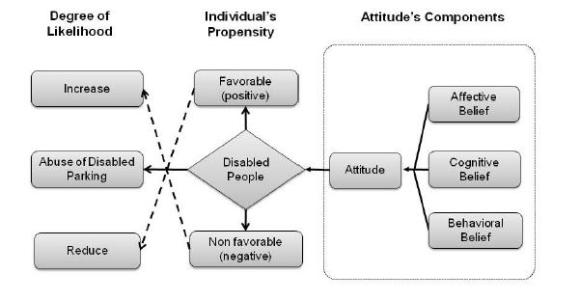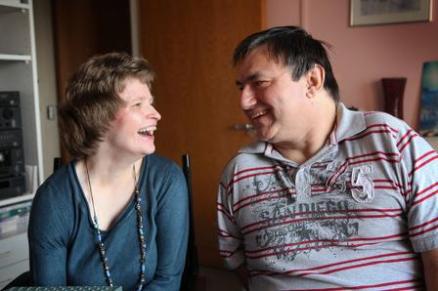
So with Valentine’s Day approaching, I thought this would be a good one. As usual I’d like to direct you to an article first, but this time it’s happy one.
So in case you’re not up for an article today, basically Sarah has cerebral palsy and Steve has arthrogryposis multiplex congenita (basically, his limbs did not develop correctly and he requires a wheelchair.) They met in a British social group called “Outsiders” that helps disabled adults make friendships with each other. Steve said “It is very difficult…as a disabled person, it’s not easy to get out of the house, without being reliant on a carer – so it’s very difficult to maintain a healthy social life.” Sarah said “If it hadn’t been for Outsiders, Steve and I wouldn’t have met…I found it very difficult to find a partner, due to my speech impairment and shyness.”
I highly suggest reading the article in full because it really can give you quite a look into general social interactions as well as difficulties dating.
I’m not sure most have ever thought much about the dating lives of the “severely disabled.” I think the able find dating to be difficult enough as it is without worrying how a wheelchair, tics, hearing aid, cognitive impairment, etc. play into it. In fact the only three instances in media I can really think of is the movie “The Other Sister” which I watched back in 1999 and remember liking (although it received horrible reviews, but I was 9) and “The Brooke Ellison Story” based on the amazing Brooke Ellison of course (who actually hails from the the town over from my hometown,) and lastly Matt and Heather on 7th Heaven.
However, dating must be a minefield for many people in these situations. I can’t say I know of any able people who have dated anyone with a severe disability aside from a hearing impairment. Obviously disabled people are dating, getting married and having children all the time, however I don’t think it’s something we often think about. But I’ll definitely have to look into this further.
I’m currently at work and another intern just told me that a Columbia professor is actually holding a webinar on Valentine’s Day about sex and disabled people. She specializes in sex therapy and often works with disabled people in particular. Talk about a taboo topic of discussion. Obviously in certain disabled couples this is much more a non-issue for but in certain situations I’d assume this could be a pretty extreme issue, particularly in couples where the disability occurs after the relationship has started. I’m looking into this through the Christopher and Dana Reeve Foundation and well, it goes pretty in depth if you’re interested.
I think however, that this particular story shows us that people with disabilities are just as capable of relationships as anyone and for ableists this might be a surprise. We often see severely disabled adults and somehow sexless or as large dependent children. That’s not the case. The capacity for emotion is something I think may surprise some people.
On that note, I hope that everyone in the Northeast like me is surviving the snow and Happy Early Valentine’s Day!

 I’d like to first direct you to this
I’d like to first direct you to this 
